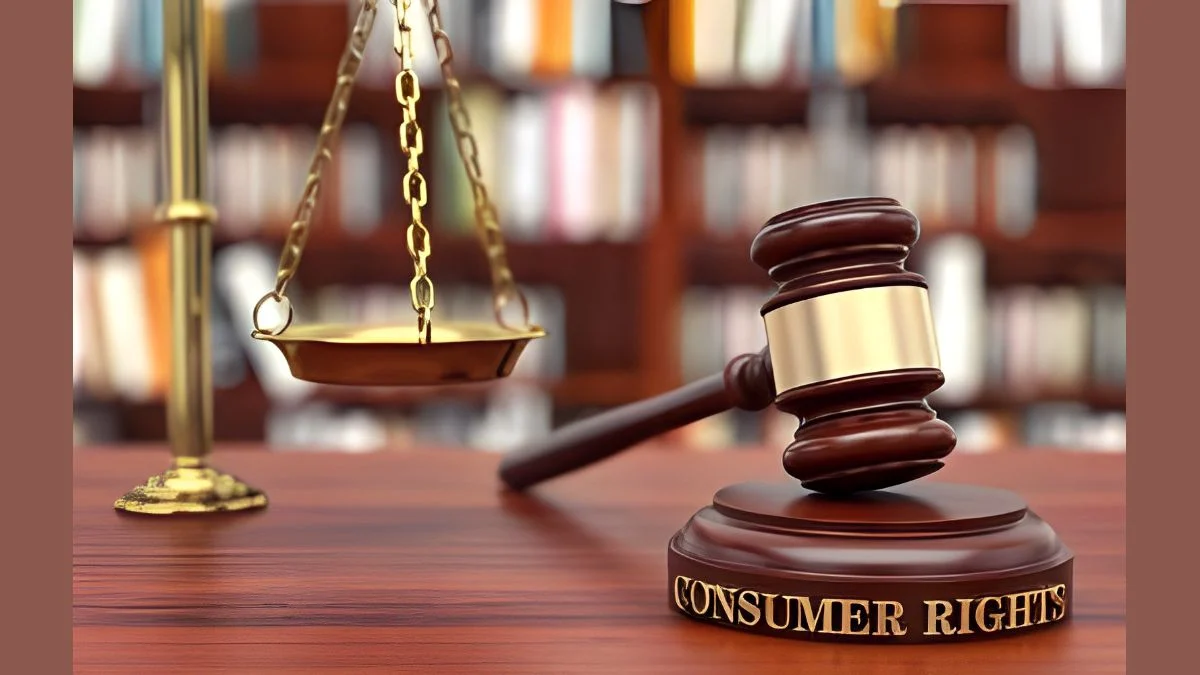
Class action lawsuits are a powerful tool for individuals who have been wronged by a common cause. They allow a large group of people to join forces and take legal action against a defendant. However, like any legal process, class action lawsuits come with their own set of pros and cons. Understanding these benefits and drawbacks is crucial for anyone considering this path. This article offers a comprehensive overview of the advantages and disadvantages of class action lawsuits.
Pros of Class Action Lawsuits1. Efficiency in Addressing Mass HarmOne of the biggest advantages of class action lawsuits is that they allow for efficient handling of cases involving a large number of plaintiffs. Instead of every individual filing a separate lawsuit, all the claims can be addressed in a single case. This is particularly beneficial when the defendant has caused harm to many people in similar ways, such as defective products, widespread fraud, or workplace discrimination. By consolidating claims, class actions help the courts avoid duplication and unnecessary costs.
Class action lawsuits can be much more affordable for plaintiffs than individual lawsuits. The costs of legal representation, expert witnesses, and court fees can be significant, especially for cases involving complex issues. In a class action, the costs are shared by all the plaintiffs, which makes it more financially feasible for individuals who may not have the resources to pursue a lawsuit on their own. Moreover, many class action attorneys work on a contingency fee basis, meaning they only get paid if the case is successful.
Class action lawsuits level the playing field between individual plaintiffs and large corporations or institutions. When many people come together in a single case, it increases the leverage of the plaintiffs and may prompt the defendant to settle the case or resolve the issue quickly. Defendants may be more willing to settle when they face the prospect of a large class of plaintiffs holding them accountable for widespread wrongdoing.
4. Access to Justice for Individuals with Smaller ClaimsFor many individuals, the cost of pursuing a lawsuit may outweigh the potential damages they could recover. Class action lawsuits provide a way for people with smaller claims to seek justice that they otherwise might not have pursued. Without the collective power of a class action, individuals with relatively minor damages could be overlooked or unable to afford the cost of litigation.
 5. Promotes Accountability and Social Change
5. Promotes Accountability and Social ChangeClass action lawsuits are not just about compensating victims; they also serve as a tool for promoting corporate accountability and social change. When a company is forced to pay damages or change its business practices as a result of a class action lawsuit, it sends a clear message to others in the industry. Additionally, class actions can lead to changes in policies, laws, or regulations that benefit society as a whole.
Cons of Class Action Lawsuits1. Lengthy and Complex ProcessClass action lawsuits can be time-consuming, often taking years to reach a resolution. The legal process involves several stages, including filing a complaint, seeking class certification, discovery, settlement negotiations, and possibly a trial. Each of these stages can take significant time, and delays are common. Plaintiffs must be prepared for the long haul, which can be frustrating and exhausting for many involved.
2. Uncertainty of OutcomesWhile class action lawsuits can be effective, they do not guarantee success. Even if a class action lawsuit is filed, there is no certainty that the case will be certified by the court or that a favorable verdict will be reached. In some cases, the lawsuit may be dismissed, or the defendant may be able to negotiate a settlement that is less than what the plaintiffs expected. The unpredictable nature of class action lawsuits can be a deterrent for some individuals who want more certainty in their legal matters.
3. Limited Control for Individual PlaintiffsOne of the downsides of participating in a class action lawsuit is that individual plaintiffs often have limited control over the case. Once the lawsuit is filed and certified, the class representatives and their attorneys take charge of the legal strategy. Plaintiffs are not typically involved in making decisions about the direction of the case, which can be frustrating for those who feel strongly about the outcome. Additionally, the settlement or judgment may not align with every plaintiff's expectations.
4. Lower Payouts for Individual PlaintiffsWhile class action lawsuits can result in substantial settlements or verdicts, individual plaintiffs may not receive large payouts. In many cases, the compensation is divided among all the members of the class, and individual payouts can be relatively small. This is especially true in cases involving many plaintiffs or in settlements that aim to benefit a wide group of people. Plaintiffs with smaller claims may feel that their share of the settlement doesn’t fully compensate for their losses.
5. Potential for "Settlement Fatigue"Class action lawsuits often end in settlements, but these settlements may not always be as satisfying as a court judgment. In some cases, defendants offer settlements that may seem favorable on the surface but may fail to adequately compensate plaintiffs. Moreover, some settlements involve complex distribution systems that can delay payments to class members. This process can lead to "settlement fatigue," where plaintiffs become frustrated with the slow pace of the case and the complexity of the distribution process.
ConclusionClass action lawsuits provide a powerful tool for individuals seeking justice in cases of widespread harm. They offer numerous benefits, including cost-effectiveness, efficiency, and the ability to hold powerful defendants accountable. However, they also come with challenges, such as lengthy legal processes, limited control for plaintiffs, and the possibility of lower individual payouts. Before deciding to participate in a class action, it's important to weigh the pros and cons and consult with an experienced attorney to determine whether it’s the right course of action for your situation.
Subscribe to our newsletter and never miss an update.
Get the latest posts delivered straight to your inbox.

Senior Contributor
Kusum Singh is passionate about impactful storytelling. With a unique voice and deep insights, they turn everyday stories into compelling reads that resonate and inform.
Read Full Bio
By Ravi Raj
02 Jan 2026

By Ravi Raj
20 Dec 2025

By Kusum Singh
23 Dec 2025

By Ravi Raj
28 Dec 2025

By Ravi Raj
31 Dec 2025

By Kusum Singh
01 Jan 2026

By Ravi Raj
27 Dec 2025

By Ravi Raj
29 Dec 2025

By Ravi Raj
19 Dec 2025

By Ravi Raj
26 Dec 2025

By Kusum Singh
19 Dec 2025

By Kusum Singh
27 Dec 2025